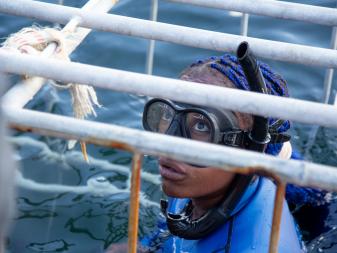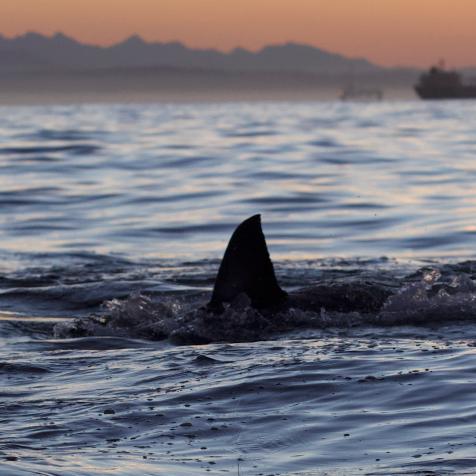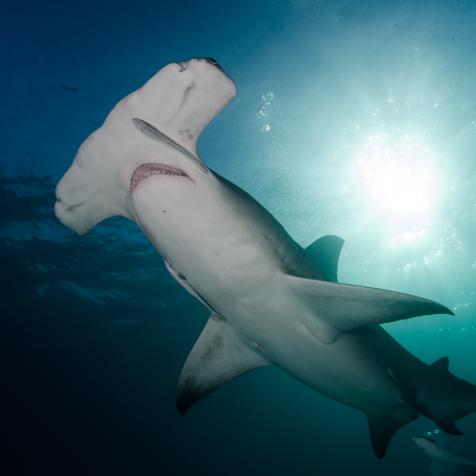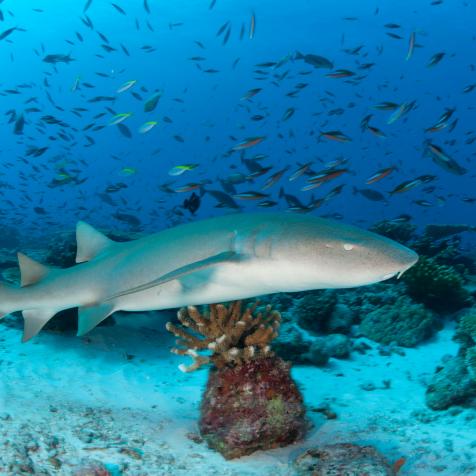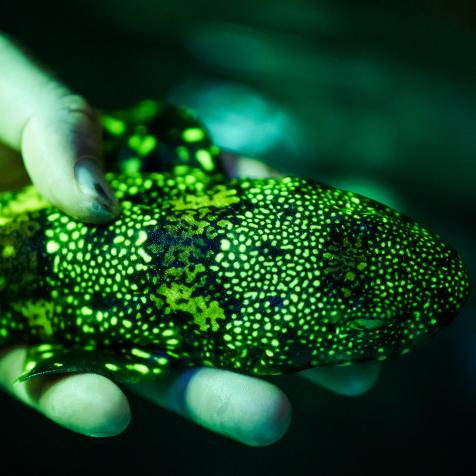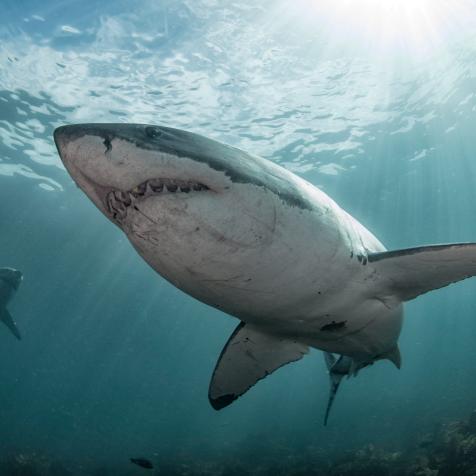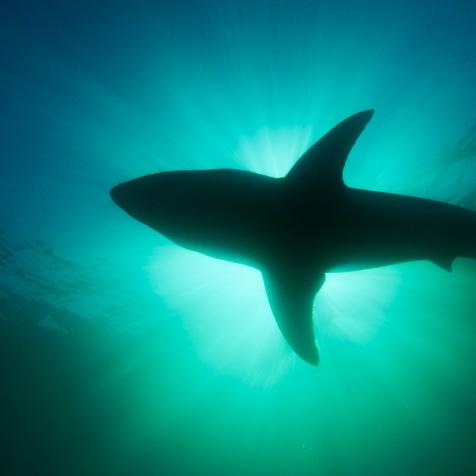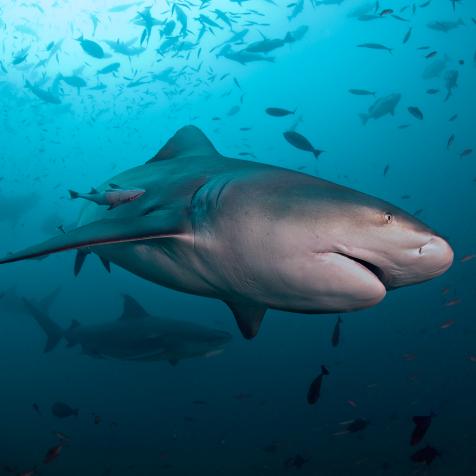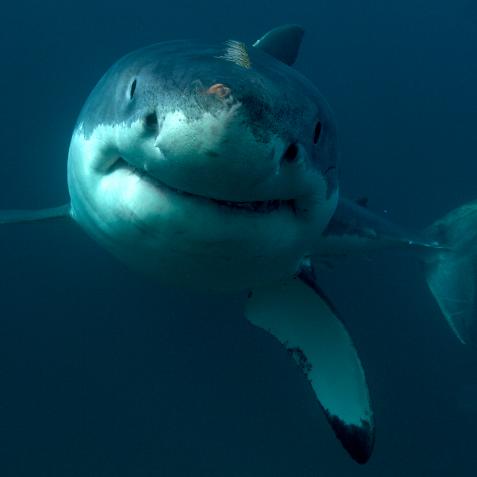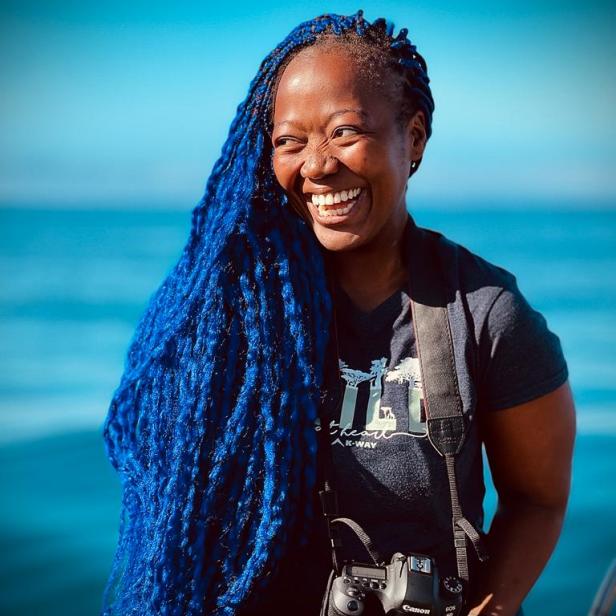
Shark Week: The Podcast – Zandile Ndhlovu on South African Great Whites & Creating a More Diverse Ocean
Luke Tipple catches up with Zandile Ndhlovue, freediver and star of the Shark Week special Shark Women: Ghosted by Great Whites.
Episode show notes:
On this episode of Shark Week: The Podcast, Luke Tipple discusses the reaction to several shark bites off the coast of Long Island. He also looks at reports that Atlantic plankton are being wiped out faster than previously thought and explains why it could be catastrophic for shark populations and the environment as a whole. Plus, freediver and star of Discovery’s Shark Week Special Shark Women: Ghosted by Great Whites, Zandile Ndhlovu aka “The Black Mermaid”, joins Luke to speak about the disappearance of great white sharks in South Africa and Zandile’s quest to increase diversity in the oceans!
Connect with the podcast. Follow Discovery+ and Luke Tipple on Instagram. Learn more about Shark Week here.
Behind the Disappearance – Shark Women: Ghosted by Great Whites 11 Photos
Great Whites are disappearing from South African waters. Shark Scientist Alison Towner's mission to find these missing apex predators and solve the mystery behind their disappearance leads her and her all-female crew to uncharted waters and exciting discoveries. Stream Shark Women: Ghosted by Great Whites now on discovery+.








